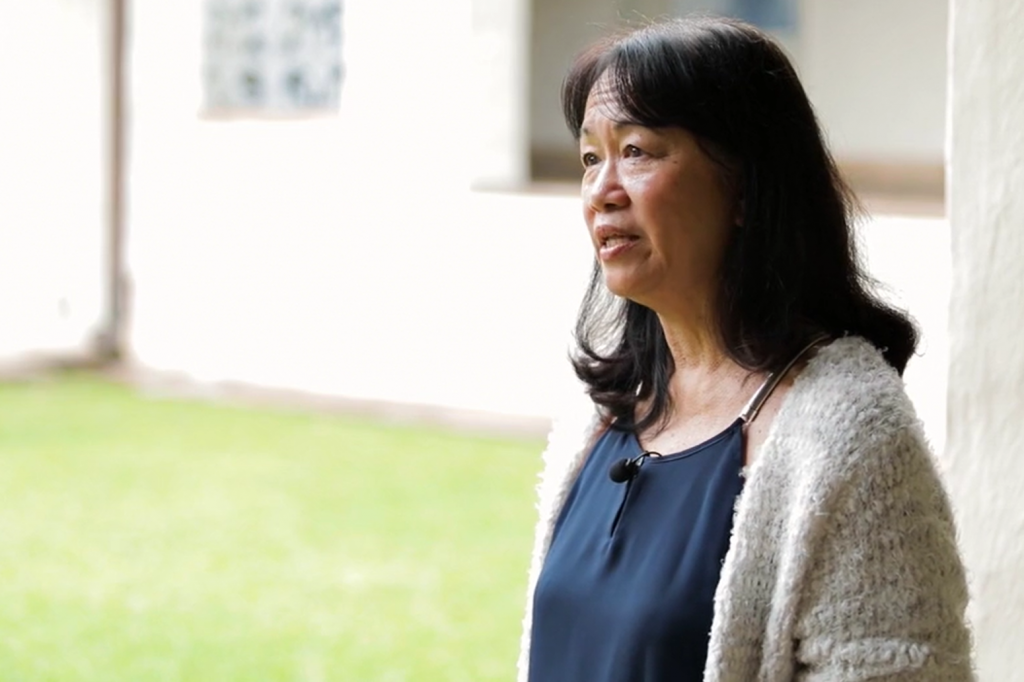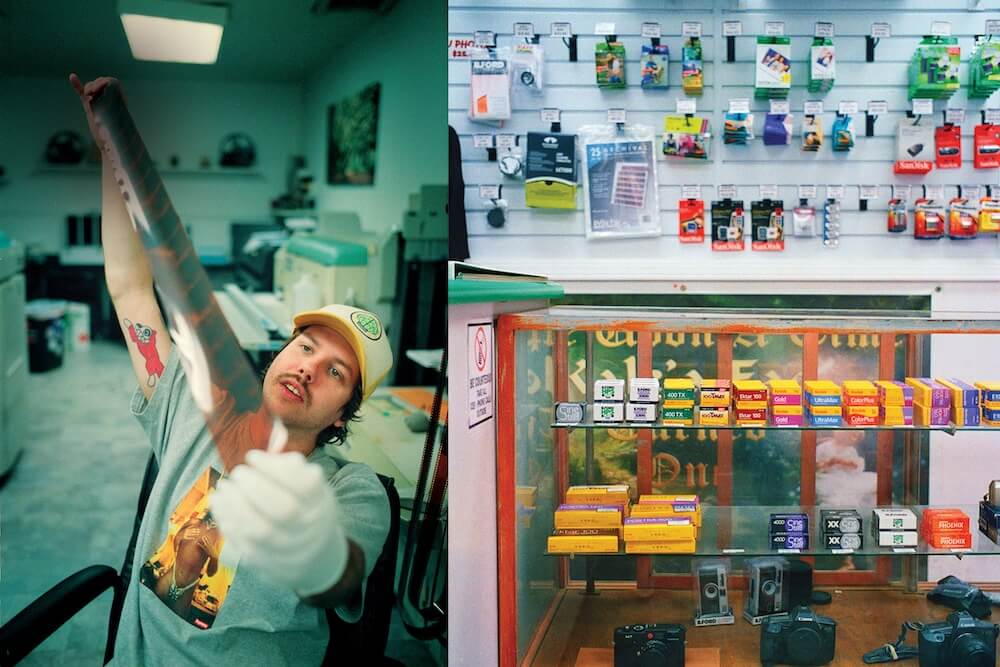Nonprofit Virtual Interview: Connie Mitchell, CEO, IHS (Institute for Human Services)

What has been your nonprofit’s latest pivot or innovation?
At IHS, our purpose has always been to get people off the streets and expedited to housing. Yet in this crisis, we need those who are unsheltered to stay put. Instead of encouraging them to get off the streets, our outreach team is bringing them the essentials, educating on coronavirus and providing care right where they are. That may be along a roadway or in the woods. For anyone who is sick, we are getting them treatment immediately. Our long-term goal remains getting people into housing, but for now, we need people to shelter in place.
We’ve applied new measures: social distancing, rigorous sanitation and health surveillance at our shelters and as part of our outreach services. We’ve eliminated food-service lines by extending meal hours and offering a grab and go option. We’ve established separate sleeping quarters for kūpuna and others who are vulnerable. Beds are spaced farther apart, which means fewer beds but more comfort for guests and more pressure to rehouse them quickly so that we can welcome more people.
What has been your company’s latest opportunity or opportunities?
Our care delivery challenges are opportunities. We are faced with how to do even more with less. Food service demand has increased from 1,000 to 1,500 daily meals. Many volunteers who serve as an extension of our workforce have put their service on hold.
With fewer hands to help, we have ramped up our communications to businesses and individuals to help us in ways that they can, whether it’s sewing or donating masks, shopping from our Amazon wish list, giving us cases of chicken or toilet paper or sourcing of protective gear.
At Kahauiki Village, construction is moving at a fast clip so that we can move more families out of shelters and into permanent homes. At Hale Mauliola, we’ve converted meeting space into a makeshift sick bay for people who are symptomatic but not COVID-19 positive.
In partnership with government and other agencies, we opened a temporary quarantine center in just eight days.
How has your nonprofit’s experience been with any level of government during this crisis?
Generally, we have found government to be responsive and accommodating. They listened and heard the cry for adjustment to some contracted practice standards that don’t make sense in this crisis like allowing televideo or phone conferencing in lieu of face-to-face visits and relaxing client-staff ratios. Advanced payments and government loans to keep us less cash-strapped have been welcome when so much of our energy is going toward redesign of direct services. Connecting us with national consultants for their expertise and for learning emerging best practices also help inform collaborative courses of action. Homelessness is complex and multi-faceted. It’s an issue that no single agency can solve alone, and we can certainly learn from other cities that have been hard hit before us.
In what ways have you been able to support the broader community beyond your employees and customers?
We’ve always seen homelessness as a symptom of inequity in many systems: economic and healthcare, and political disparity and a growing divide. This crisis has underscored those disparities: lack of access to basic hygiene, food and a place to simply rest and be. But it has also underscored how fragile we all are.
The bigger picture has always been about creating healthier and safer communities together. In this respect, we’ve created space for people to contribute to solutions with us that are currently focused on prioritizing preventing spread of disease into the larger community.
The irony is that our work is putting more people in touch with their own sense of vulnerability yet evokes altruism by getting up close and personal when we are being asked to isolate and distance ourselves. We’ve been overwhelmed by the graciousness of many companies and individuals who have stepped forward to help during this crisis and hopefully they know how they have moved the needle on protecting our community.
In what ways do you think your business will be different at the end of this year?
Nationally, the homeless population has been identified as the most vulnerable to this pandemic due to medical conditions, poor hygiene and cramped encampments. Their plight and the community’s response have actually given us greater confidence that we can end homelessness. Knowing that we are a part of a community that pours out aloha infuses us with renewed commitment and determination. Ending homelessness is now less about helping “them” and realizing that “they” are really a part of all of “us.” We’re all in this together.
Each of us must be invested in each other’s well-being. When it comes to infectious disease, the health of the stranger standing next to you should matter to you. Our interconnectedness has never been clearer. How much we embrace it will be critical to our ability to create a world of shared wellness.





